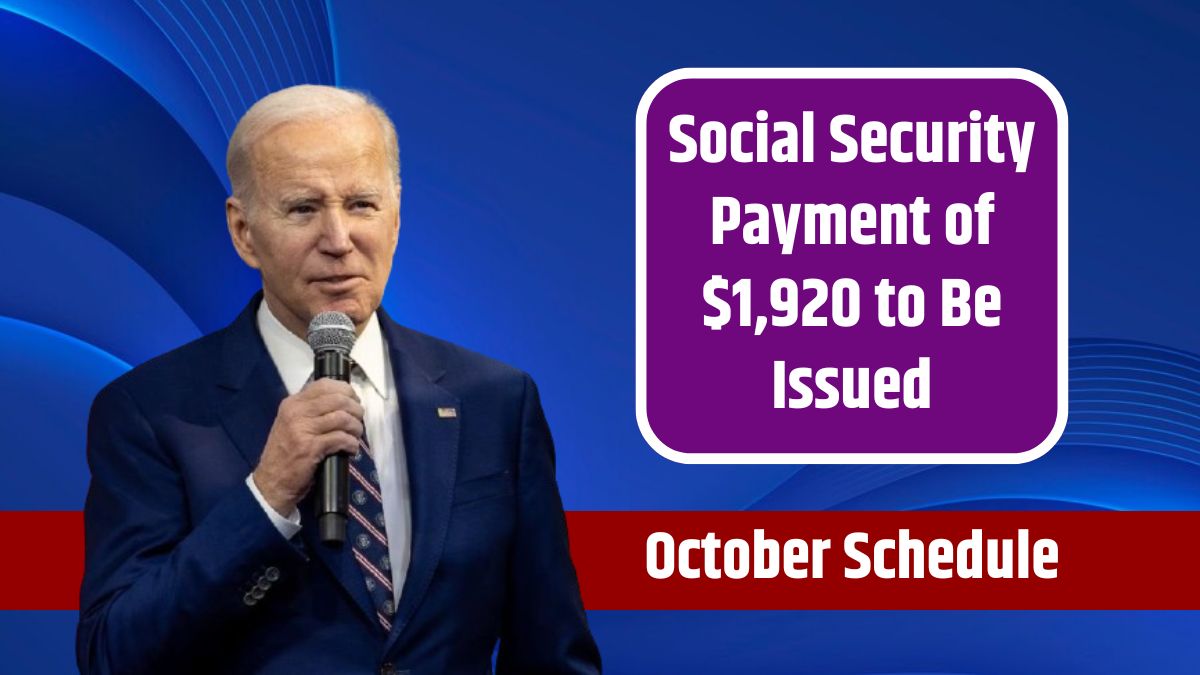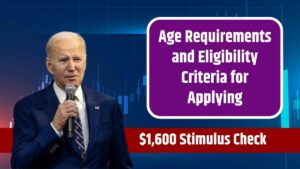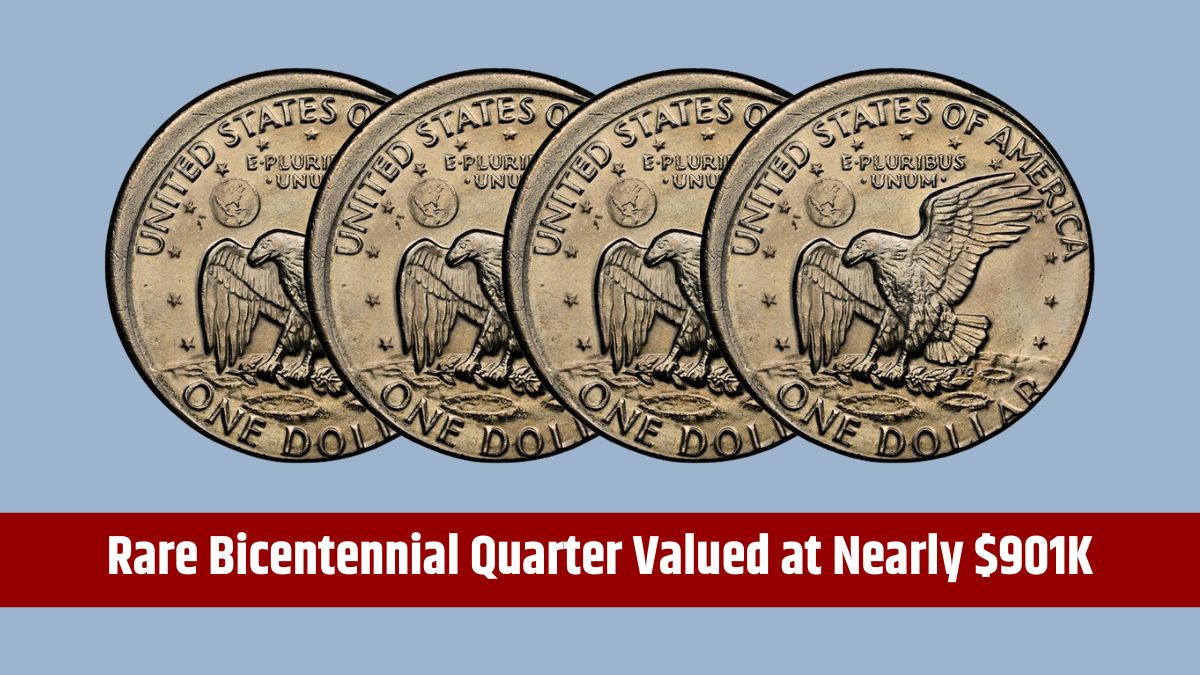Retirees who rely on Social Security payments have good news this week, as the Social Security Administration (SSA) has confirmed the schedule for the upcoming payments in September and October. Many American seniors are eagerly awaiting their next checks or direct deposits, with important dates to mark on their calendars for financial planning.
The last payment of September is set to arrive soon, while October will see a new batch of payments following a structured schedule. If you’re a Social Security recipient, here’s everything you need to know about when your payments will hit your bank account, including details about eligibility and the maximum possible amounts.
Contents
- 1 September Payments
- 2 October Payments
- 3 Maximizing Benefits
- 4 Staying Eligible
- 4.1 Social Security Maximum Benefit for Full Retirement Age Workers – Changes Following the 2025 COLA Increase
- 4.2 FAQs
- 4.3 When is the last Social Security payment in September?
- 4.4 Can I receive a Social Security payment if I get SSI?
- 4.5 What is the maximum Social Security payment for retirees?
- 4.6 When will October SSI payments be sent?
- 4.7 How does my birthday affect my Social Security payment date?
September Payments
The final Social Security payment for September is scheduled for the 25th of the month. However, not everyone will receive their money on that day. To be eligible, retirees must meet specific requirements, ensuring that only those who have properly qualified will receive their checks or direct deposits on this date.
Here are the conditions you must meet to receive the payment on September 25:
- Birth Date Requirement: You must have been born after the 20th of the month.
- No SSI: If you are receiving Supplemental Security Income (SSI), you are not eligible for this particular payment.
- Post-May 1997 Rule: Your first benefit must have been received after May 1997.
- Eligibility Compliance: You must still meet all Social Security rules and remain in compliance to receive the payment.
While the maximum payment on September 25 can reach up to $4,873, it is likely that most retirees will receive a lower amount. The average Social Security payment is around $1,920 per month.
October Payments
October will bring a new round of payments for both SSI recipients and retirees. The month starts with an important payday for those on Supplemental Security Income. Here’s a breakdown of the schedule:
- October 1: SSI recipients will receive their payments. If you rely on these benefits, expect your money at the start of the month.
- October 3: If you are receiving retirement benefits and started before May 1997, or if you are getting both retirement and SSI payments, you will receive your payment 48 hours after SSI recipients.
For those retirees who don’t fall into the above categories, the SSA has scheduled the rest of the payments based on your birthday:
- October 9: For retirees born between the 1st and 10th of the month.
- October 16: For those born between the 11th and 20th.
- October 23: For retirees born between the 21st and 31st.
By keeping these dates in mind, you can better plan your monthly budget and know exactly when to expect your payments.
Maximizing Benefits
Social Security is an essential lifeline for millions of retirees, but understanding how to maximize your benefits is just as important. While the maximum possible payment is $4,873, most retirees receive closer to the average of $1,920. How can you increase your payout?
- Work longer: Working past your full retirement age can increase your monthly payment.
- Delay retirement: If you delay collecting benefits until age 70, your payments can increase significantly.
- Maximize your earnings: Social Security is calculated based on your highest 35 years of income, so maximizing your earnings during your career can have a long-term impact on your benefits.
Staying Eligible
To continue receiving your Social Security payments on time, make sure you follow all of the SSA’s rules. This includes maintaining accurate personal information and ensuring that you meet the ongoing eligibility requirements. Breaking any Social Security rules can result in a halt to your benefits.
Additionally, if you notice that you haven’t received a payment when you were expecting one, check with the SSA to ensure that your eligibility hasn’t changed and that all necessary information is up to date.
As we move into October, keep an eye on your scheduled payments and remember that staying informed is the key to ensuring financial stability during retirement.
It’s always best to plan ahead and know exactly when your money will arrive, so you can adjust your spending and saving accordingly.
FAQs
When is the last Social Security payment in September?
The last payment will be on September 25.
Can I receive a Social Security payment if I get SSI?
No, you cannot receive this payment if you are on SSI.
What is the maximum Social Security payment for retirees?
The maximum payment is $4,873, but most receive about $1,920.
When will October SSI payments be sent?
October 1 is the SSI payday for October.
How does my birthday affect my Social Security payment date?
Payments are on October 9, 16, or 23, depending on your birthday.













